As the largest traded food commodity in the world, seafood provides sustenance to billions of people worldwide. More than 3 billion people in the world rely on wild-caught and farmed seafood as a significant source of animal protein.
Historically, the seafood industry has significantly impacted the environment. The United Nations Food and Agricultural Organization estimates that 85% of marine fish stocks are either fully exploited or overfished. Similarly, many fisheries throughout the world throw away more fish than they keep. This incidental catch of non-target species—known as bycatch—is harmful to many species. Pollution from poorly managed and unsustainable seafood farms, also known as aquaculture, has caused the deterioration of coastal habitats, lakes, and rivers.
WWF works across the supply chain to protect marine habitats, the species that live within them and the communities that depend on seafood for their livelihoods and food security. Our goal is for both wild-caught and farmed seafood to be harvested with zero environmental impact while still meeting the increase in future demands from an ever-growing world population.
To ensure that you have the best environmental choices for seafood at your local grocery store or restaurant, WWF works to increase companies’ awareness and preferential purchasing of seafood that has been produced in a responsible manner. WWF helps to provide impactful and sustained improvements in the health of the world’s oceans by working together with the processing and retail sector to offer environmentally sound choices.
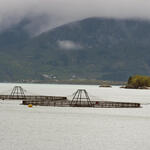 Farmed Seafood
Farmed Seafood
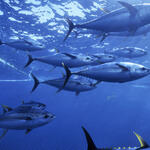 Wild-Caught Seafood
Wild-Caught Seafood
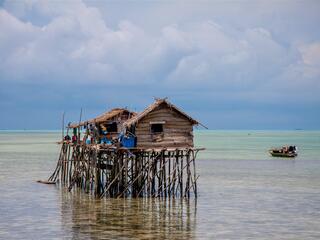
 Sustainability Works
New Coalition to Strengthen Best Practices in Seafood Sustainability
Sustainability Works
New Coalition to Strengthen Best Practices in Seafood Sustainability
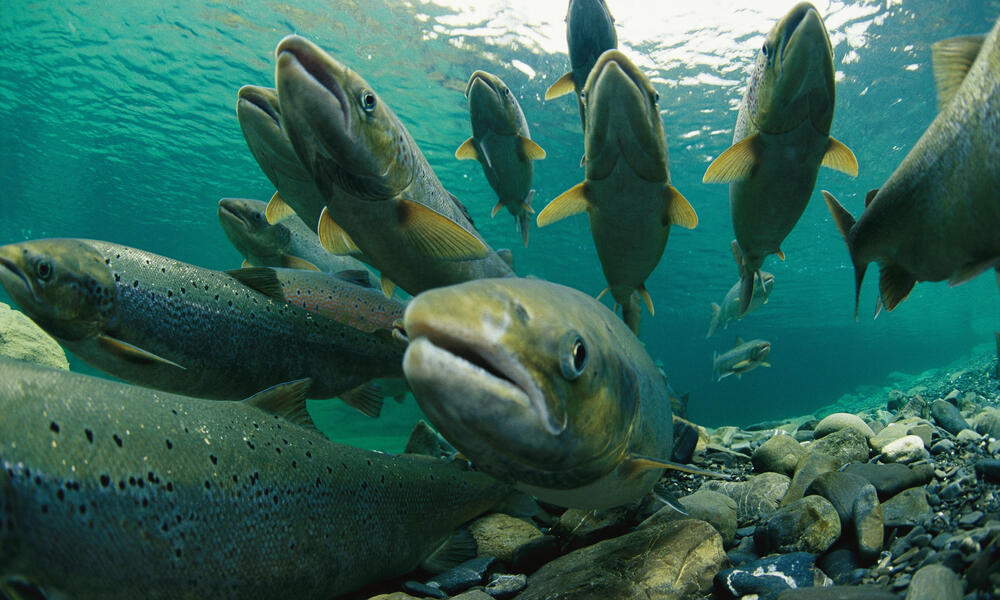
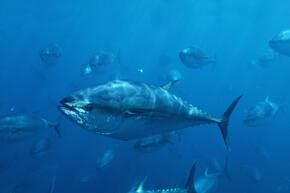
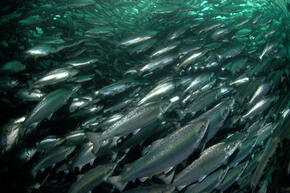
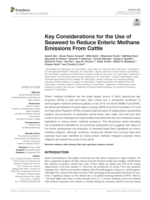
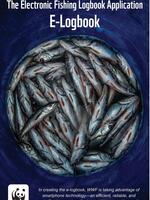

 Corey L. Norton
Vice President, Supply Chain Legality, Markets Institute
Corey L. Norton
Vice President, Supply Chain Legality, Markets Institute